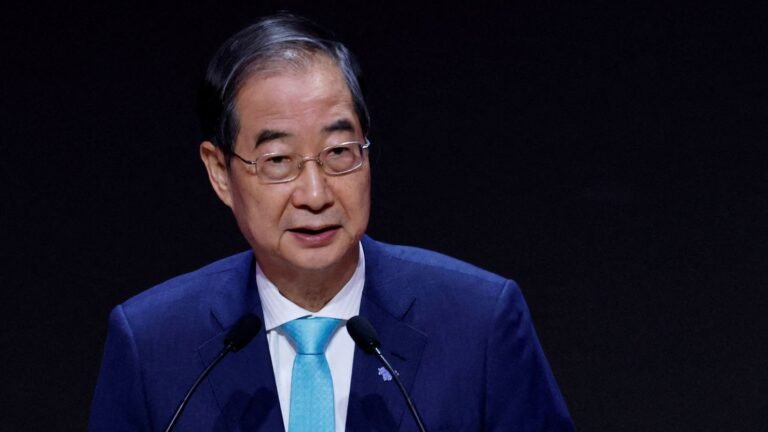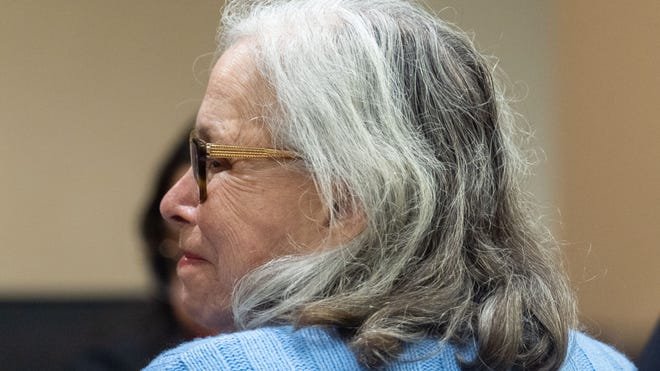
The Generation That Toppled a President: How South Korea’s Young Women Are Redefining Democracy
By The General Justice Lawyer, June 5

On June 3, 2025, South Korea made global headlines not only for electing a new president, but for the way it happened. Behind the historic victory of liberal candidate Lee Jae-myung was a political force too large to ignore: women in their twenties and thirties.
In the span of six months, this demographic helped impeach a sitting president, reject military authoritarianism, and shift the tone of a national election. Their influence is no longer theoretical. It is reshaping the democratic process in real time.
From Outrage to Overthrow
The catalyst was President Yoon Suk Yeol’s unprecedented decision to declare martial law in December 2024. Framed as a security measure to maintain order amid political unrest, the move was widely viewed as a democratic backslide. Civil liberties were curtailed, protests silenced, and media censorship intensified.

While public outrage simmered across age groups, it was women under 40 who organized, posted, donated, and voted with tactical intensity. They became the visible face of resistance, whether in silent candlelight vigils or in digital campaigns using hashtags like #EndMartialLaw and #WomenVoteToo.
Their energy was not simply about gender. It was about defending the foundational promise of post-authoritarian South Korea: civilian rule.
The Gender Gap Widening
South Korea’s Gen Z voters are deeply politically engaged, but starkly divided along gender lines. Young men, many of whom feel alienated by mandatory military service and affirmative action policies, have drifted toward conservative populism. In contrast, young women — tired of misogyny in the workplace, online harassment, and being told to “be quiet” — are leaning liberal in growing numbers.

This split became sharply visible during the impeachment hearings in March 2025 and carried through to the June election. Analysts noted an unusually high voter turnout among women in their 20s and 30s, especially in urban areas. Exit polls confirmed it. They overwhelmingly supported Lee Jae-myung, not necessarily out of ideological alignment, but as a rejection of the previous administration’s disregard for democratic norms.
Social Change With Political Teeth
What makes this movement different from earlier waves of youth activism in Korea is its staying power. These women are not just mobilizing for a single event. They are building political infrastructure. New civic groups, legal watchdog collectives, and voter education platforms have emerged in Seoul, Busan, and Daejeon, many of them woman-led and digitally native.
And their influence is being felt beyond politics. Streaming platforms have seen a rise in feminist and socially conscious programming. Bookstores report increased sales of titles dealing with democracy, legal rights, and modern feminism. Even advertising campaigns have begun adjusting their tone to reflect this demographic’s values.
A Warning to Politicians
The message is clear. Ignore young women at your political peril. Their ability to drive public discourse, dismantle power structures, and hold leaders accountable is no longer a future trend. It is a present reality.
For a country still navigating the shadows of authoritarianism and rapid economic development, this new wave of civic engagement offers both disruption and hope. The question now is whether South Korea’s political establishment is ready to listen.
Follow @genjustlaw for more frontline insights on global justice, elections, and legal battles shaping the future of democracy.
Author

Latest entries
 Donna Adelson Trial2025-09-05Donna Adelson Found Guilty on All Counts in Dan Markel Murder Case
Donna Adelson Trial2025-09-05Donna Adelson Found Guilty on All Counts in Dan Markel Murder Case True Crime2025-09-03Epstein Files: Survivors Break Silence on Capitol Hill
True Crime2025-09-03Epstein Files: Survivors Break Silence on Capitol Hill US2025-09-03Cardi B Assault Trial Verdict — She’s Not The Drama
US2025-09-03Cardi B Assault Trial Verdict — She’s Not The Drama US2025-08-30Jim Crow Era — Louisiana’s Split Juries Problem and the Limits of Retroactivity
US2025-08-30Jim Crow Era — Louisiana’s Split Juries Problem and the Limits of Retroactivity








